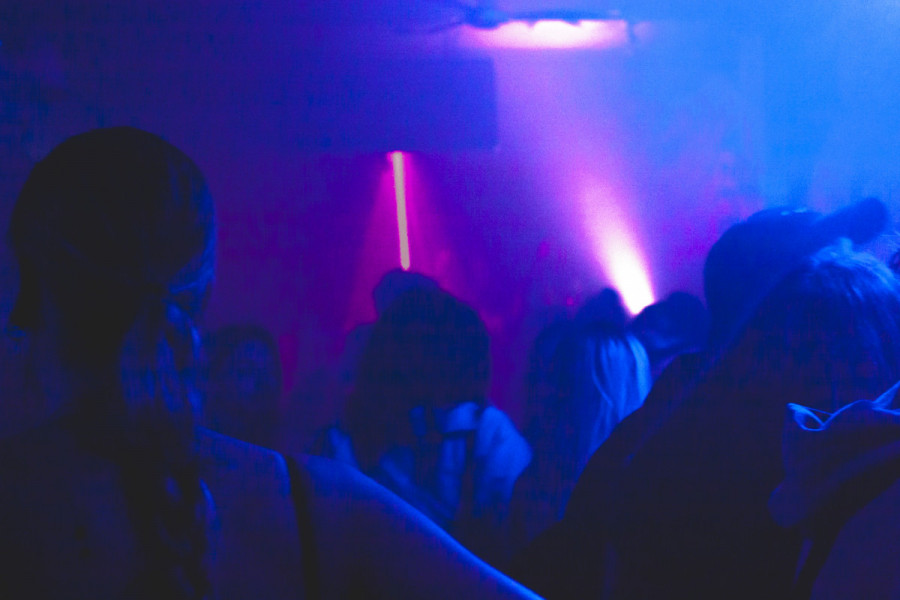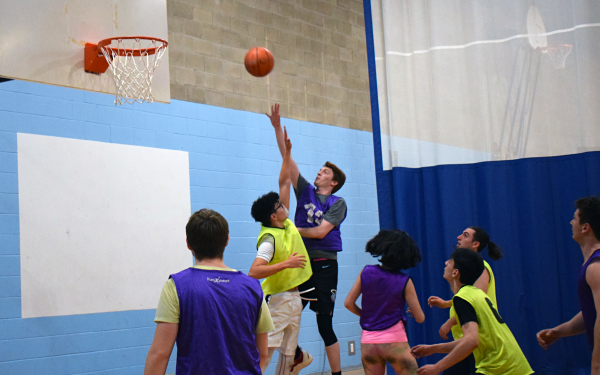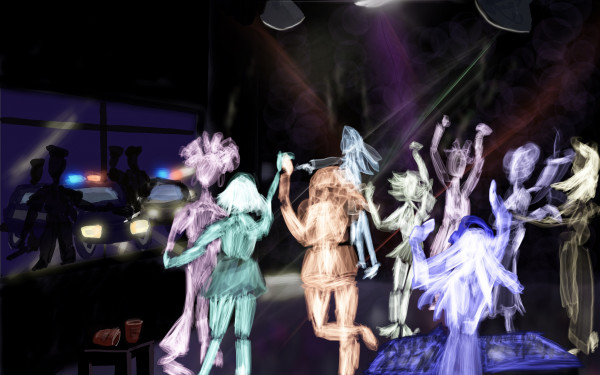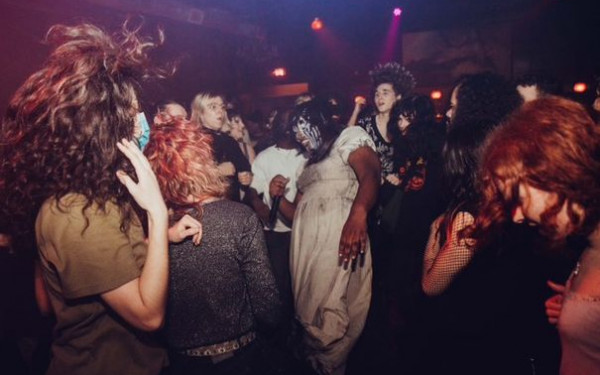The Predatory World of Montreal’s Nightlife
The Dangers of Being a Woman in Montreal’s Nightclubs and Bars
Existing as a feminine-presenting person in a world that has long waged war on women is a daily feat of its own that is only exacerbated when going out at night.
As a young woman who goes out every now and then in a buzzing metropolitan city like Montreal, I know firsthand the stress and grief that ensues when out at night in spaces like clubs and bars. Being only 18 and new to the city, the nightlife scene was very unfamiliar. After a couple unsolicited grabs, some light hounding and harassment, I quickly learnt what it meant to be a woman existing in these spaces.
Widely recognized as one of the country’s cultural and creative hubs, Montreal’s nightlife has been said to have a heartbeat of its own. The city’s scene has the ability to be wildly liberating and gratifying by giving people room to let loose and express themselves while getting together. This is seen with inclusionary events like Queer Night at Barbossa, invigorating throwback music at Rockette bar and more. However, this same positive scene can quickly become a breeding ground for misogyny and rape culture.
Rape culture has been defined as a subset of values, beliefs, and behaviors in a society that trivializes or normalizes sexual violence, including rape. Slut-shaming, victim blaming and sexual objectification are all pillars of this culture. Unfortunately, rape culture is so deeply ingrained in our society’s psyche that these types of actions have become normalized and most people are unlikely to act when confronted with them. This bystander effect leads to attackers feeling entitled to inflicting harm due to the lack of backlash whilst also isolating victims. Thus creating a perpetual cycle of mistreatment and oppression.
When tackling the prevalence of rape culture in our social circles and practices, the factors and systems that empower this culture must be dissected at the root. For example, it’s very common to pass clubs that promote occasional “girls get in for free” policies. What may seem like a lucky money-saving opportunity is actually the active objectification and commodification of the women who oblige. This practice prompts the popular idea that if the product is free, then you’re the product. Thus making women the product, male guests the consumers and those in power—who are often other men—the sellers in this context. This causes the buyers and sellers to feel entitled to the product. Giving them the power to stare, grab and fuck the product they’ve purchased.
The effects of this predatory system is bred through the prevalence and acceptance of rape culture in our society. These effects are epitomized with the popular St. Laurent Blvd. TRH-bar. This club, known for its indoor skate bowl, is a magnet for young people, but recently, it has built a reputation for its alleged mistreatment of women.
In 2018, the bar found itself in the centre of controversy when it was revealed that they held a fundraising party for their former bouncer Steve Bouchard. Bouchard had been convicted of three counts of sexual assault and three counts of armed assault against his ex-girlfiend Martine Beaudet-Aune. He was then sentenced to 18 months in prison in 2017. Baudet-Aune attested that she felt like they were laughing in her face and that it exhibited a lack of respect for victims of sexual assault. This unashamed support for somebody who has severely hurt a woman exemplifies the bar’s skewed priorities.
Many women have come forward to tell their stories about their alleged experiences of sexual harassment or assault at TRH-bar and the staff’s incompetence in these situations. Nineteen-year-old Carleton University student Chloe Hayes described watching a young girl who was visibly heavily intoxicated be escorted into the club with men significantly older than her by the bouncer. Luckily, she recognized the danger in the situation and went in to watch over the girl who needed help while the staff turned a blind eye.
Stories like this one are not uncommon; many young girls familiar with the city’s nightlife either have a similar story to tell or know someone who does. Despite the popularity of similar incidents, the club still thrives and we have to ask ourselves why. To me and so many others, it seems like it’s because those in this city’s nightlife do not care enough about the safety, enjoyment, and humanity of the women it exploits to thrive.
This article originally appeared in Volume 43, Issue 11, published February 7, 2023.







